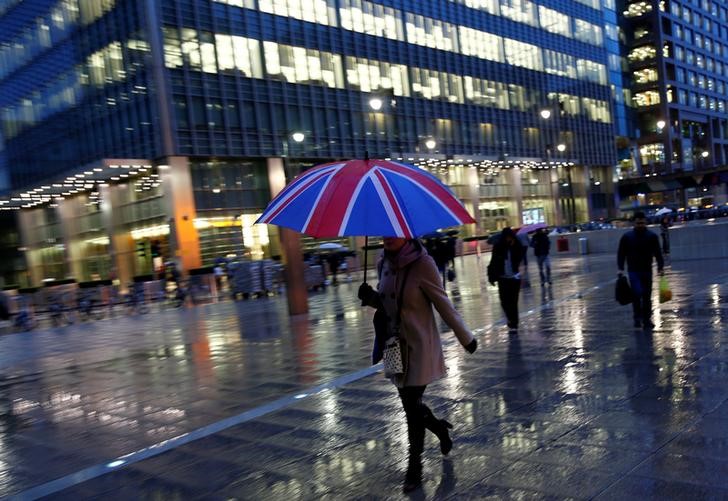
FILE PHOTO – People walk through the Mall of Berlin shopping centre during its opening night in Berlin, Germany, September 24, 2014. REUTERS/Thomas Peter/File Photo
October 11, 2018
By Michael Nienaber
BERLIN (Reuters) – The German economy is losing steam as rising trade tensions abroad and a lack of skilled workers at home limit the growth prospects for Europe’s largest economy, Economy Minister Peter Altmaier said on Thursday.
Presenting the government’s downwardly revised growth forecasts, Altmaier said the economy would grow by 1.8 percent in both 2018 and 2019.
This compared with earlier projections of 2.3 percent and 2.1 percent respectively. In 2017, the German economy grew by a calendar-adjusted 2.5 percent.
Germany’s vibrant domestic economy will continue to propel growth this year and next, with imports rising at a faster pace than exports and net trade expected to hold back an upswing that is seen entering its tenth year in 2019, Altmaier said.
“This is the longest upswing since 1966, the second longest ever,” he added, pointing to record-high employment, rising real wages and planned tax relief for workers.
Germany’s strong economy means that rising imports will help to lower the country’s large current account surplus to 7.1 percent of GDP in 2019 and 6.7 percent in 2020.
The growth outlook is clouded, however, by protectionist tendencies and international trade disputes, Altmaier said. The economy would also expand at a faster rate if companies were able to find skilled workers more quickly.
The centre-right minister called for swift implementation of an EU-U.S. tariffs deal reached earlier this year to solve a transatlantic trade conflict.
Germany and its European allies will also support efforts to safeguard the rules-based free trade order by reforming the World Trade Organization (WTO), Altmaier said.
Turning to the problem of labor shortages, Altmaier said a planned immigration law should help to attract skilled workers from countries outside the European Union. He urged cabinet to pass the legislation before the end of the year.
Altmaier estimated that trade-related uncertainty so far had clipped off 0.1 percentage points of overall growth while labor shortages are costing the economy roughly 0.2 percentage points.
The government’s growth forecasts confirmed a Reuters report on Wednesday that showed Berlin views an escalation in the global trade dispute as the main risk for the future.
The ministry also blamed revisions to previously reported output data and slower production in the auto sector due to difficulties adjusting to a new pollution standard – the Worldwide Harmonised Light Vehicle Test Procedure (WLTP).
Altmaier also demanded tax relief for companies, but he stopped short of confirming a report by daily Handelsblatt that said he was in favor of lowering corporate taxes by around 20 billion euros ($23.15 billion) per year.
Centre-left Finance Minister Olaf Scholz from the co-governing Social Democrats (SPD) has rejected such a step, arguing that the government should better use the money to increase public investments in education and infrastructure.
(Reporting by Michael Nienaber; Editing by Maria Sheahan and Matthew Mpoke Bigg)

